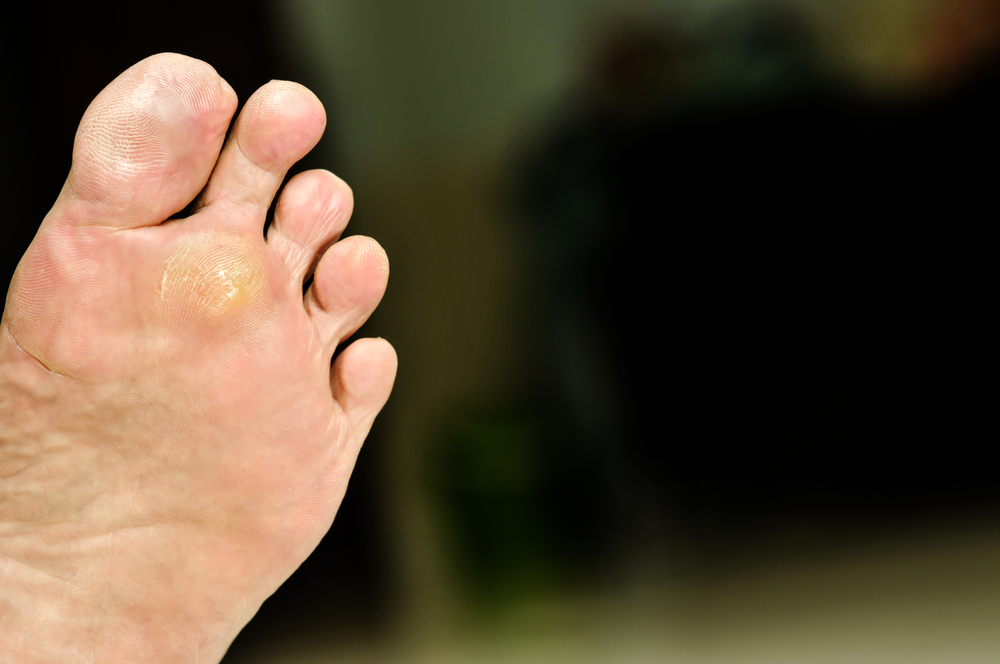
Plantar warts are caused by the human papillomavirus (HPV), and they typically develop on the bottoms of the feet, usually on the balls or heels. These warts can, unfortunately, be particularly painful for some individuals when they walk or put weight on their feet. Since plantar warts are located on the bottoms of the feet, they may essentially grow inward in response to the pressure that is put on the soles of the feet. Plantar warts have a pernicious ability to spread to other parts of the feet and body sometimes very easily. For example, you might unknowingly be spreading your plantar warts if you touch the wart and then immediately touch another part of your body. Additionally, you may be spreading your plantar warts to other people if you share personal self-care tools such as razors or towels. It is not beneficial to your health if your plantar warts begin to spread. If this happens, a medical professional might advise you to use over-the-counter medications to address the problem. If you have plantar warts, you ought to contact a podiatrist especially if you notice that they are beginning to spread. A podiatrist is a foot specialist who can help you take specific steps to identify and address the problem.
Plantar warts can be very uncomfortable. If you need your feet checked, contact Elliot T. Udell, DPM from New York. Our doctor will assist you with all of your foot and ankle needs.
About Plantar Warts
Plantar warts are the result of HPV, or human papillomavirus, getting into open wounds on the feet. They are mostly found on the heels or balls of the feet.
While plantar warts are generally harmless, those experiencing excessive pain or those suffering from diabetes or a compromised immune system require immediate medical care. Plantar warts are easily diagnosed, usually through scraping off a bit of rough skin or by getting a biopsy.
Symptoms
- Lesions on the bottom of your feet, usually rough and grainy
- Hard or thick callused spots
- Wart seeds, which are small clotted blood vessels that look like little black spots
- Pain, discomfort, or tenderness of your feet when walking or standing
Treatment
- Freezing
- Electric tool removal
- Laser Treatment
- Topical Creams (prescription only)
- Over-the-counter medications
To help prevent developing plantar warts, avoid walking barefoot over abrasive surfaces that can cause cuts or wounds for HPV to get into. Avoiding direct contact with other warts, as well as not picking or rubbing existing warts, can help prevent the further spread of plantar warts. However, if you think you have developed plantar warts, speak to your podiatrist. He or she can diagnose the warts on your feet and recommend the appropriate treatment options.
If you have any questions please feel free to contact our office located in Hicksville, NY . We offer the newest diagnostic and treatment technologies for all your foot and ankle needs.
